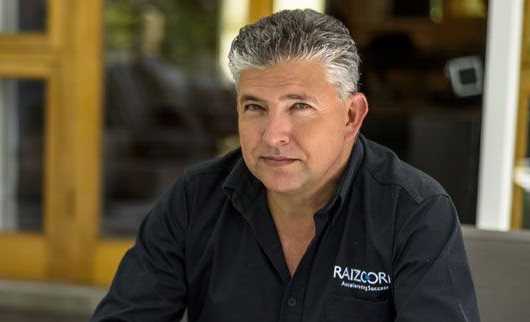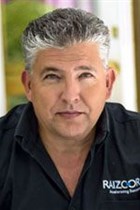If I were to ask you what your business assets are, you would most probably list your computer equipment, your vehicles, your furniture and the like. You will have read all the books on how important people are, so you would probably identify your people as your most valuable asset.

Allon Raiz, founder and CEO of Raizcorp
If you were marketing inclined, you would list your brand as an asset. And, if you were really smart, you would no doubt also include your company’s reputation as an asset.
Over the past two decades of working with thousands of entrepreneurs, the assets that I very seldom hear listed are the processes in a business.
The reason, I suspect, is that the lens through which we view assets is skewed towards items that have a market value. You can sell your car or laptop at market value but, when it comes to the value of your people or reputation, the value becomes a little more difficult to ascertain.
I’d like to offer a different lens or perspective with which to view an asset in the context of your business.
What are deemed to be useful assets in a business are items or elements that are reusable. Every day, I come to my reusable building in my reusable car. I sit at my reusable desk, open my reusable laptop and write a proposal on reusable word-processing software. The idea that something is reusable means that have a long-term utility. For example, the banana you had for lunch, once it has been consumed, has no reusable utility and is therefore unlikely to be labelled an asset.
While this is a very simplistic and imperfect analogy, it helps to illustrate that the processes in our business are indeed reusable items. Our recruitment processes or our sales processes are used again and again, and their value is determined by the long-term worth they create for the business.
As an example, a sales process that produces a 30% closing ratio is more valuable than one that produces 20%. A recruitment process that results in a 20% staff turnover rate is worth less than one that results in 10%. (I do realise that it is a little more complex than that.)
When we start seeing processes as individual assets, we also begin to have the ability to combine them in different ways as one would with “regular” assets. By combining reusable chairs, desks, projector and screen, we produce a training room. By combining a reusable coffee maker with reusable cups, chairs and tables, we can produce a new asset called a coffee shop.
The combined value of the individual assets is greater than the value of the individual assets as a total. In other words, the synergistic combination of assets in and of itself produces additional value. The same is true for process assets; the combination of process assets provides more value than the individual process assets as a total.
The truth is that most small businesses are really slack when it comes to building process assets as it is time-consuming, often mundane and not seen as a productive use of time. When I work with small businesses, one of my most important objectives is to ensure the entrepreneur deeply understands the value of creating and logging processes so that they can be reused time and time again, and also to combine them to produce a synergistic exponential value.
I believe it is high time for process assets to be included in the list of assets that come to an entrepreneur’s mind when they are asked the question: what assets do you have in your business?














































